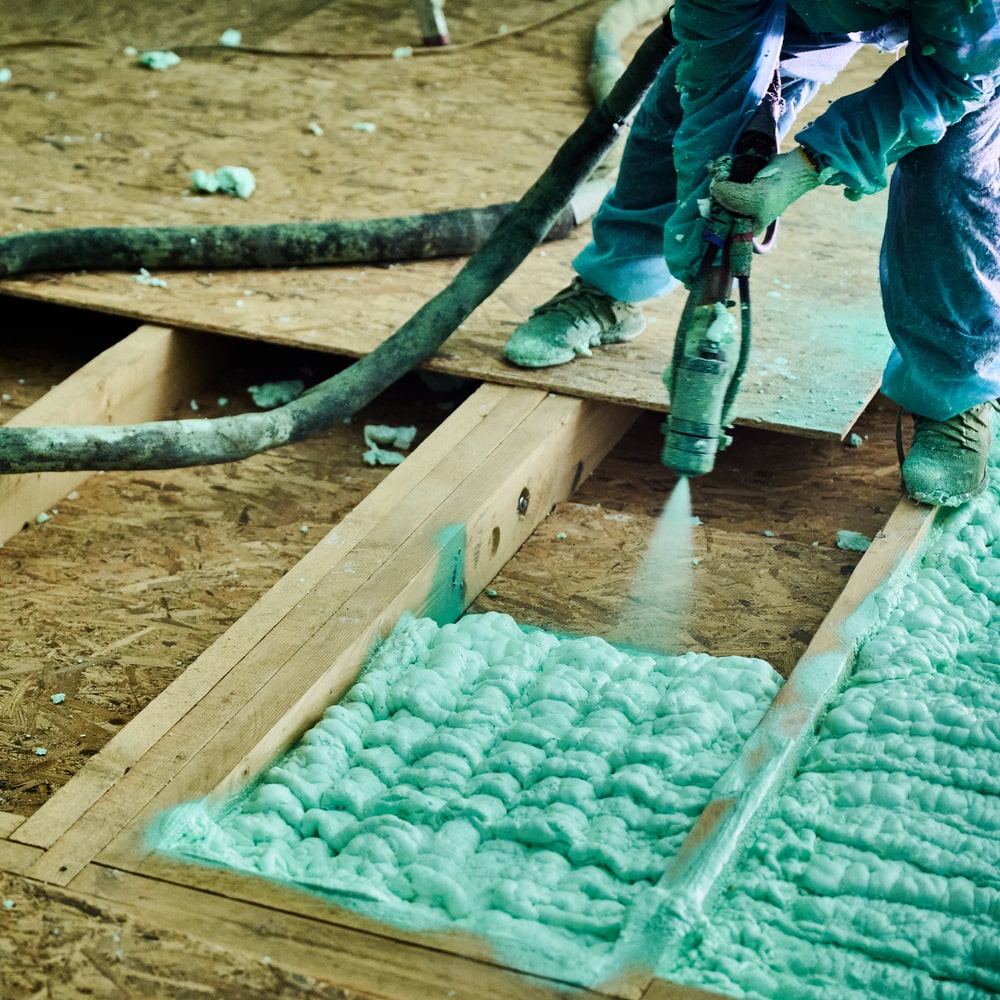
When it comes to insulating your home in Arlington, VA, choosing the right type of insulation is crucial for energy efficiency, comfort, and cost savings. In this article, we will compare spray foam insulation and traditional insulation methods, such as fiberglass and cellulose, to help you make an informed decision. Arlington Baker Spray Foam Insulation is here to provide expert insights into the benefits and drawbacks of each option.
Understanding Spray Foam Insulation
Spray foam insulation is a modern insulation method that involves spraying a liquid foam into walls, ceilings, and floors. This foam expands and hardens, creating an airtight seal that provides excellent thermal resistance. There are two types of spray foam insulation: open-cell and closed-cell. Open-cell foam is less dense and provides good insulation and soundproofing, while closed-cell foam is denser and offers superior insulation and moisture resistance.
Pros of Spray Foam Insulation
- Energy Efficiency: Spray foam insulation provides a higher R-value per inch compared to traditional insulation, leading to better energy efficiency and lower utility bills.
- Air Sealing: It creates an airtight barrier, reducing drafts and preventing air leakage.
- Moisture Resistance: Closed-cell spray foam acts as a moisture barrier, preventing mold and mildew growth.
- Longevity: Spray foam insulation can last for decades without losing its effectiveness.
Cons of Spray Foam Insulation
- Cost: The initial installation cost of spray foam insulation is higher than traditional insulation methods.
- Installation: Professional installation is required, which can add to the overall cost.
Traditional Insulation Methods
Traditional insulation methods include fiberglass batts, cellulose, and foam board. These materials have been used for decades and are still popular due to their affordability and ease of installation.
Pros of Traditional Insulation
- Cost-Effective: Traditional insulation materials are generally less expensive than spray foam.
- DIY-Friendly: Many traditional insulation types can be installed by homeowners, reducing labor costs.
- Availability: Widely available and easy to source.
Cons of Traditional Insulation
- Lower R-Value: Traditional insulation typically has a lower R-value per inch, which means it may not be as energy-efficient as spray foam.
- Air Leakage: Traditional insulation does not provide an airtight seal, which can lead to drafts and higher energy bills.
- Moisture Issues: Materials like fiberglass and cellulose can absorb moisture, leading to potential mold and mildew problems.
Performance Comparison
When comparing the performance of spray foam insulation to traditional insulation, spray foam generally comes out on top in terms of energy efficiency, air sealing, and moisture resistance. However, the higher initial cost can be a deterrent for some homeowners.
Cost Comparison
While spray foam insulation has a higher upfront cost, it can lead to significant savings on energy bills over time. Traditional insulation may be cheaper initially, but it may not provide the same level of energy efficiency, potentially leading to higher long-term costs.
Energy Efficiency
Spray foam insulation offers superior energy efficiency due to its higher R-value and ability to create an airtight seal. This can result in lower heating and cooling costs, making it a more cost-effective option in the long run.
Conclusion
Choosing between spray foam insulation and traditional insulation depends on your specific needs, budget, and long-term goals. While traditional insulation methods may be more affordable upfront, spray foam insulation offers superior energy efficiency, air sealing, and moisture resistance. For homeowners in Arlington, VA, considering the benefits of spray foam insulation can lead to a more comfortable and energy-efficient home. Arlington Baker Spray Foam Insulation is here to help you make the best choice for your insulation needs.